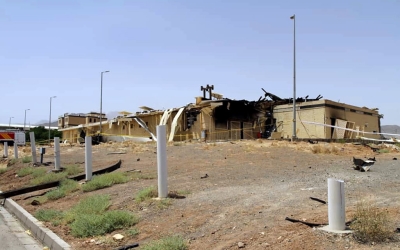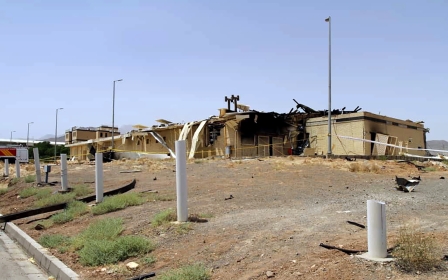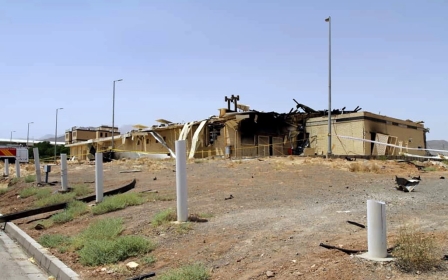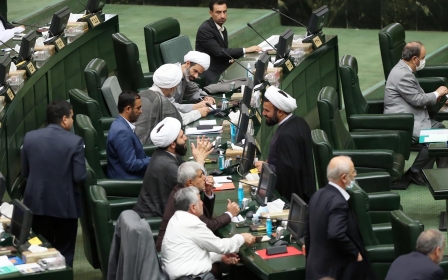Iran nuclear official claims Natanz fire the 'result of sabotage'
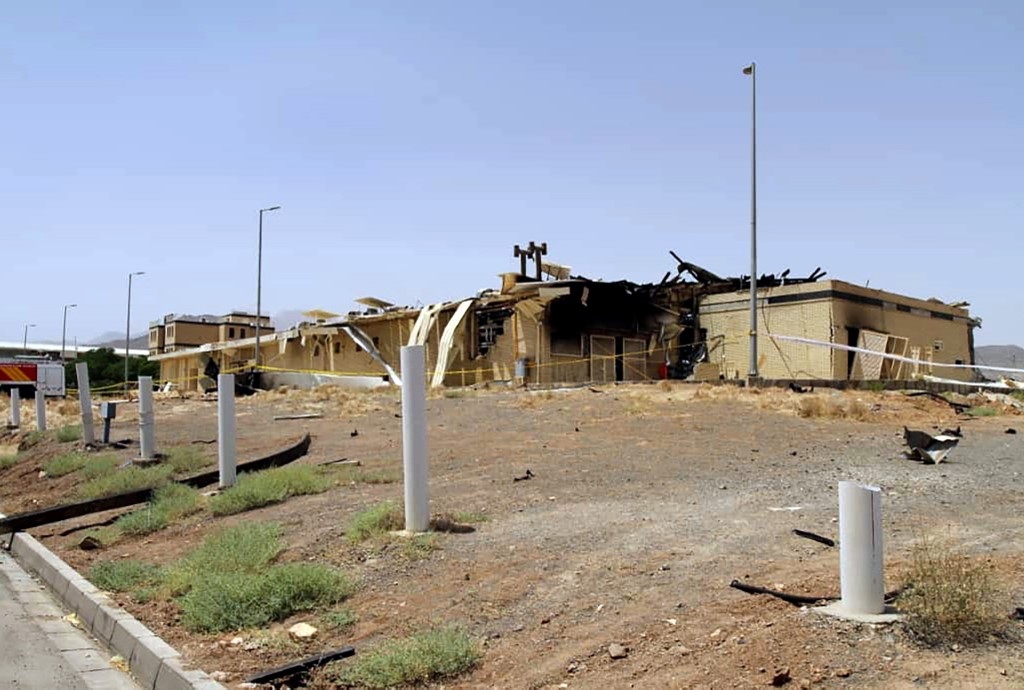
A fire at Iran's Natanz nuclear facility last month was the result of sabotage, a spokesman for Iran's Atomic Energy Organisation told state TV channel al-Alam on Sunday.
"The explosion at Natanz nuclear facility was a result of sabotage operations," said Behrouz Kamalvandi. "Security authorities will reveal in due time the reason behind the blast."
Iran's top security body in July had said that the cause of the fire had been determined but would be announced later.
Iranian officials said that the fire on 2 July at the plant south of Tehran had caused significant damage which could slow the development of advanced uranium enrichment centrifuges.
The Natanz uranium-enrichment site, much of which is underground, is one of several Iranian facilities monitored by the International Atomic Energy Agency (IAEA), the United Nations' nuclear watchdog.
Some Iranian officials have said the fire may have been the result of cyber-sabotage, and warned that Tehran would retaliate against any country carrying out such attacks.
In July, an article by Iran's state news agency IRNA addressed the possibility of sabotage by enemies such as Israel and the United States, although it stopped short of accusing either directly.
A Middle Eastern intelligence official, with knowledge of the Natanz incident, had told the New York Times days after the blast that, contrary to the Iranian government's initial statement that it was an accident, a "powerful bomb" had caused the fire.
Israel has been accused of working to disrupt Iran's nuclear programme in the past, including the Stuxnet cyberattack in 2010, which targeted Iran's nuclear centrifuges and which Tehran blamed on Israel and the US.
Israeli officials declined to comment on Sunday, according to Reuters.
Iran had resumed uranium enrichment at the Natanz complex in September last year.
The move came after the US had unilaterally withdrawn in 2018 from an international accord that gave Iran relief from sanctions in exchange for curbs on its nuclear programme.
IAEA chief to visit Tehran
IAEA chief Rafael Grossi said on Saturday that he would make his first trip to Tehran in that role on Monday in order to pressure Iran to grant inspectors access to two suspected former atomic sites.
The IAEA suspects activities possibly related to developing nuclear weapons were carried out in the early 2000s at these sites. Iran insists its nuclear programme has no military dimensions.
Grossi said that the objective of the trip was "that my meetings in Tehran will lead to concrete progress in addressing the outstanding questions that the agency has related to safeguards in Iran and, in particular, to resolve the issue of access."
"Iran has not opposed access to its nuclear facilities, but the IAEA's questions and allegations should be based on serious evidence and documents," Kamalvandi said.
Iranian officials said on Sunday that Grossi's visit was not related to the US push at the UN Security Council to reimpose international sanctions on Tehran, Iran's state TV reported.
Middle East Eye propose une couverture et une analyse indépendantes et incomparables du Moyen-Orient, de l’Afrique du Nord et d’autres régions du monde. Pour en savoir plus sur la reprise de ce contenu et les frais qui s’appliquent, veuillez remplir ce formulaire [en anglais]. Pour en savoir plus sur MEE, cliquez ici [en anglais].


